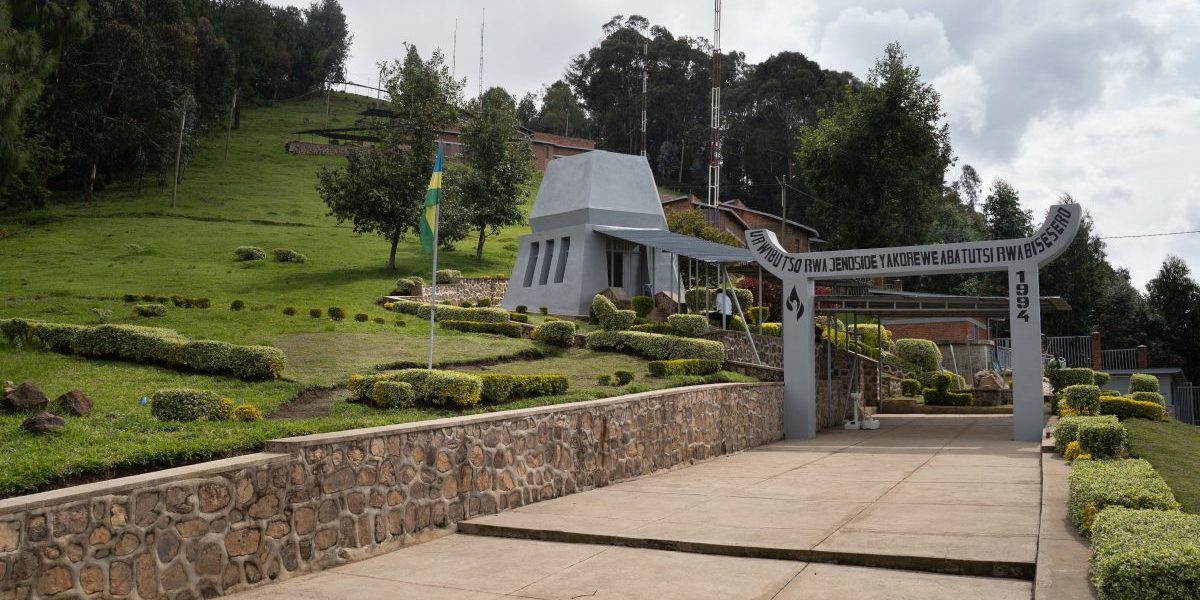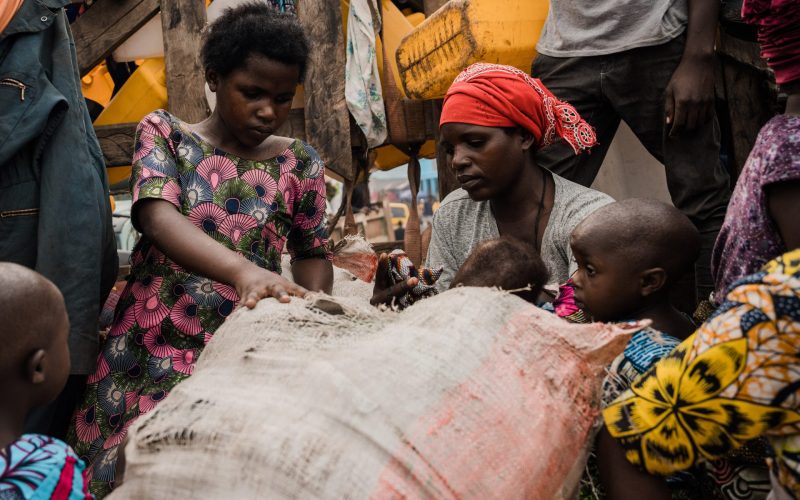The opening chapter of Do Not Disturb, in which South African police discover the body of the former Rwandan spy, Patrick Karegeya, in a tangle of sheets at Johannesburg’s Michelangelo Hotel on 1 January 2014, could have been written by John le Carre who has a cameo in the book , but is a fate of many of President Paul Kagame’s critics.
Lies, manipulation, intimidation and control are the mainstays of Kagame’s leadership. If you dare to criticise, you are a threat that needs to be eliminated. Michela Wrong demonstrates how this has shaped the Rwandan state and seeped into the country’s collective postgenocide mentality.
The book revolves around the souring of the intimate relationships between the tightknit group of men who would seize power in Rwanda after the 1994 genocide. The two protagonists the intelligence chief Patrick Karegeya and the head of military intelligence and army chief of staff, General Kayumba Nyamwasa helped Kagame construct today’s Rwanda and were pillars of the system. Karegeya was murdered and Nyamwasa is now living in exile and under protection in South Africa.
They played instrumental roles in nurturing the image of the Rwandan Patriotic Front RPF as first the saviours and then the guarantors of the Rwandan nation and its people and in seizing the moral high ground visavis an international community whose inaction played a significant role in the tragic events of 1994. Wrong explains how Karegeya wooed journalists, researchers and diplomats, wielding the powerful tools of his charm and the country’s tragic history to win them over.
Do Not Disturb, the Story of a Political Murder and an African Regime Gone Bad demonstrates how this is what lies at the heart of the problem many people did believe, and wanted to believe that the RPF was a selfless group of people whose sincere objective it was to rebuild the country, a belief buoyed by the hope that Rwanda and humanity could recover after the horror of the genocide.
As a result, many discounted or disregarded evidence of human rights violations, repression and manipulation, which was evident even before the RPF took power. In doing so, this perpetuated the exact image Kagame was working so hard to construct.
This holds true for outsiders as much as it does for many Rwandans. For some, like Karegeya and Kayumba, it took a long time to reach the tipping point and, as part of the system, they played a role in the abuses. When they broke with Kagame, he made sure they paid the highest price loss of status, power, influence and even life.
Others, such as Seth Sendashonga a Hutu politician who had been instrumental in convincing Hutu political forces to work with the RPF after the genocide, and who became interior minister in the country’s first postgenocide government saw the writing on the wall much earlier. Disillusioned with what he had believed was the RPF’s intention of nurturing reconciliation between Hutu and Tutsi and in creating an equal country, the April 1995 massacre of up to 8000 Hutus in Kibeho, a camp for internally displaced people, was a watershed moment. Several months later he resigned and returned to his life in Nairobi. In May1998, he and his driver were assassinated.
Karegeya was suspected to have played a role in Sendashonga’s murder, something he always denied. But many years later, after he too broke with Kagame and had gone into exile in South Africa, he felt the need to make amends with Sendashonga’s family and asked his widow, Cyrie, for a meeting. She agreed and the two met at a hotel in Johannesburg. Karegeya told her he was not involved in the murder but added, “Your husband was a good man. If we had kept him and allowed him to do what he wanted to do, maybe Rwanda would be a different place today.”
Wrong knows all about recognising reality too late, and with the benefit of hindsight. The book starts with a searingly honest mea culpa about her own proRPF prejudices in her days as a journalist, and delivers a finetuned analysis of how so many fell into the same trap and why we need to get out of it.
Wading into the debate on modernday Rwanda is to enter a highly polarised and vicious world. From Kagame’s own Twitter trolls to academics who have staked their careers on lauding the RPF and Kagame’s success story, there are plenty of people who will be appalled by Wrong’s book and what it exposes about Kagame and his regime. But for those who want to better understand Rwanda and the region, this is an invaluable, wellresearched and beautifully written contribution. Taken as such, it has the potential to spark precisely the discussion about Rwanda that needs to take place.









